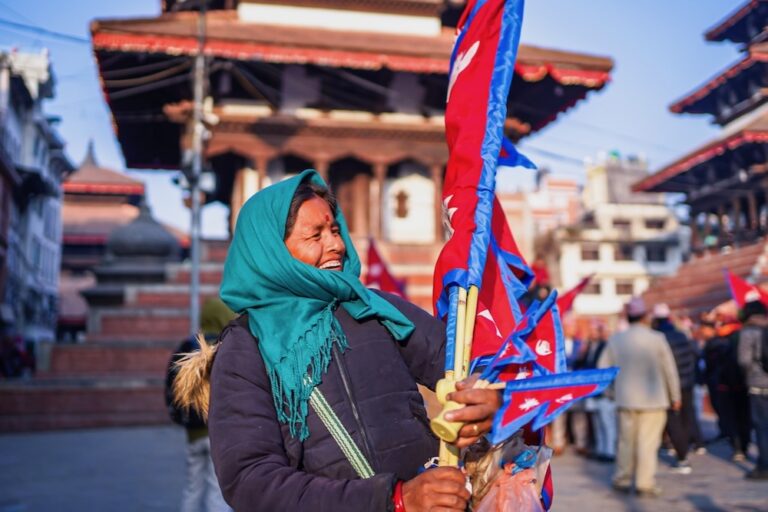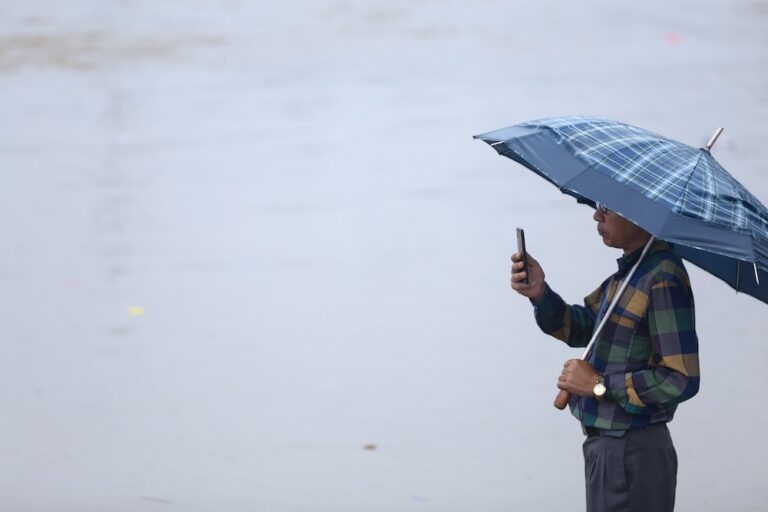The editor of the "People's Times" in Jhapa, Nepal believes the weekly was targeted over its reports on drug abuse and peddling in the district.
An unknown gang vandalized the office of the People’s Times weekly in Jhapa, a district in the southern plain of the eastern region of Nepal on the night of July 22, 2013.
According to the weekly’s editor, Kaman Dewan, among the vandals arrested by the police after the incident was Akash Rai, who is a drug user and peddler.
The editor argued that the newspaper office must have been vandalized because the weekly had carried news about problems of drug abuse and peddling in the district. It is the news that “ticked off” the gang, he added.
The incident has sown fear among journalists who are dedicated to fair reporting. It therefore obviously hampers journalists’ rights thereby increasing self-censorship.
Newspaper copies set on fire
In a separate incident, on July 20, a group of youths set fire to copies of Kantipur (Nepali) and Kathmandu Post (English) dailies at Bansatari of Palpa, a hilly district in the western region of the country. The incident was related to news reports the dailies carried a day earlier.
The youth were led by Surendra Pandey, member of the Youth Association, a youth wing of the Communist Party of Nepal (UML). Also, local residents from Mandiphant of Palpa set fire to the newspapers for the same reason.
This is a blatant violation of press freedom as the burning of newspapers hampers citizens’ right to information, Freedom Forum noted. If the individuals involved were discontent with the news content, they could have taken legal recourse to have their voices and demands heard.
Freedom Forum therefore condemns the incident and strongly urges the concerned authorities to bring to book those involved.
Editor attacked
Kumar Silwal, hailing from Sindhupalchowk, a district neighbouring to the capital city, attacked Dipak Dhital, news in-charge at the Citizen’s FM station, in Kathmandu, on July 11.
Silwal, who is allegedly involved in the illegal supply of drugs, attacked editor Dhital, saying, “You’re a journalist and following my case.”
Mr Dhital received an injury to his face during the incident which the warning suggests was a coordinated attack on the journalist’s rights.
Freedom Forum strongly urges the authority concerned to nab the attacker and mete out punishment, thus ensuring that the assault does not encourage self-censorship among journalists.
Assaults on journalists
Meanwhile, two journalists – one in Solukhumbhu, a mountainous district in the eastern region and another in Dailekh, a far western hilly district, were attacked, but not related to press freedom.
On July 15, Bharat Shrestha, affiliated with the local Himal FM station, was assaulted by an administrative officer in the District Development Committee, Tularaj Sunuwar. Sunuwar was angered by the journalist’s complaints about the officer’s misuse of funds.
Similarly, the Executive Editor at the Teshro Ankha daily was attacked by drug peddlers without any apparent reason.
These two incidents show how feeble the physical security of journalists is in Nepal. The administration concerned must heed the issue and bring to book the culprits to deter self-censorship among journalists, Freedom Forum concludes.
Finally, a reporter with the News 24 television from Kalikot, a remote upper hilly district in the Midwestern region of Nepal, was assaulted before police officers on July 21. Freedom Forum expressed concern over the attack, although it has yet to establish if the incident was related to the journalist’s right to freedom of expression.


